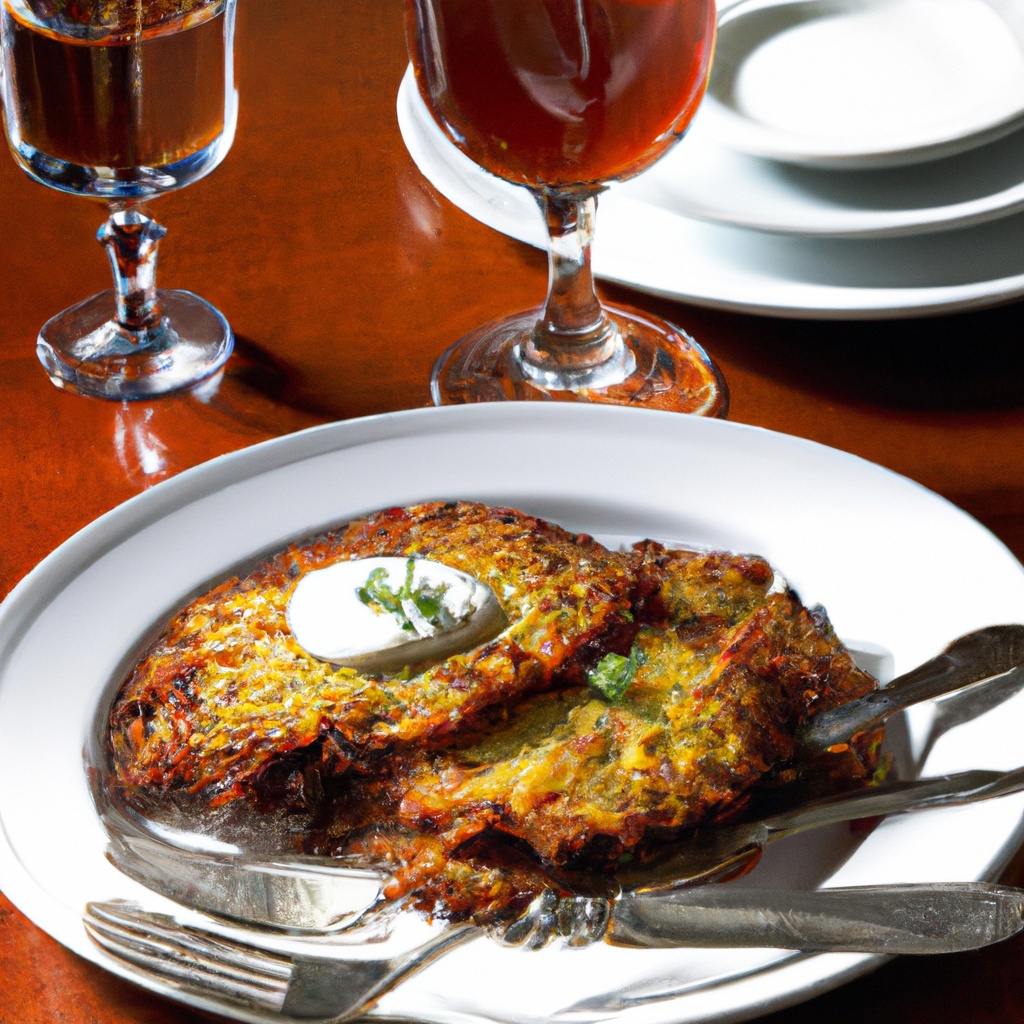PROS
Potato latkes are crispy and savory, making them a great breakfast or brunch option for anyone who enjoys a traditional dish.
They are easy and quick to make with simple ingredients.
CONS
Since potato latkes are fried, they can be high in calories and fat if consumed in excess.
Additionally, some people may find them too oily or heavy.
HEALTH & BENEFITS
Potatoes provide a significant amount of vitamin C, vitamin B6, and fiber.
They are also a good source of antioxidants that help reduce inflammation and lower the risk of chronic diseases such as heart disease and cancer.



/rating_off.png)
Leave a Reply